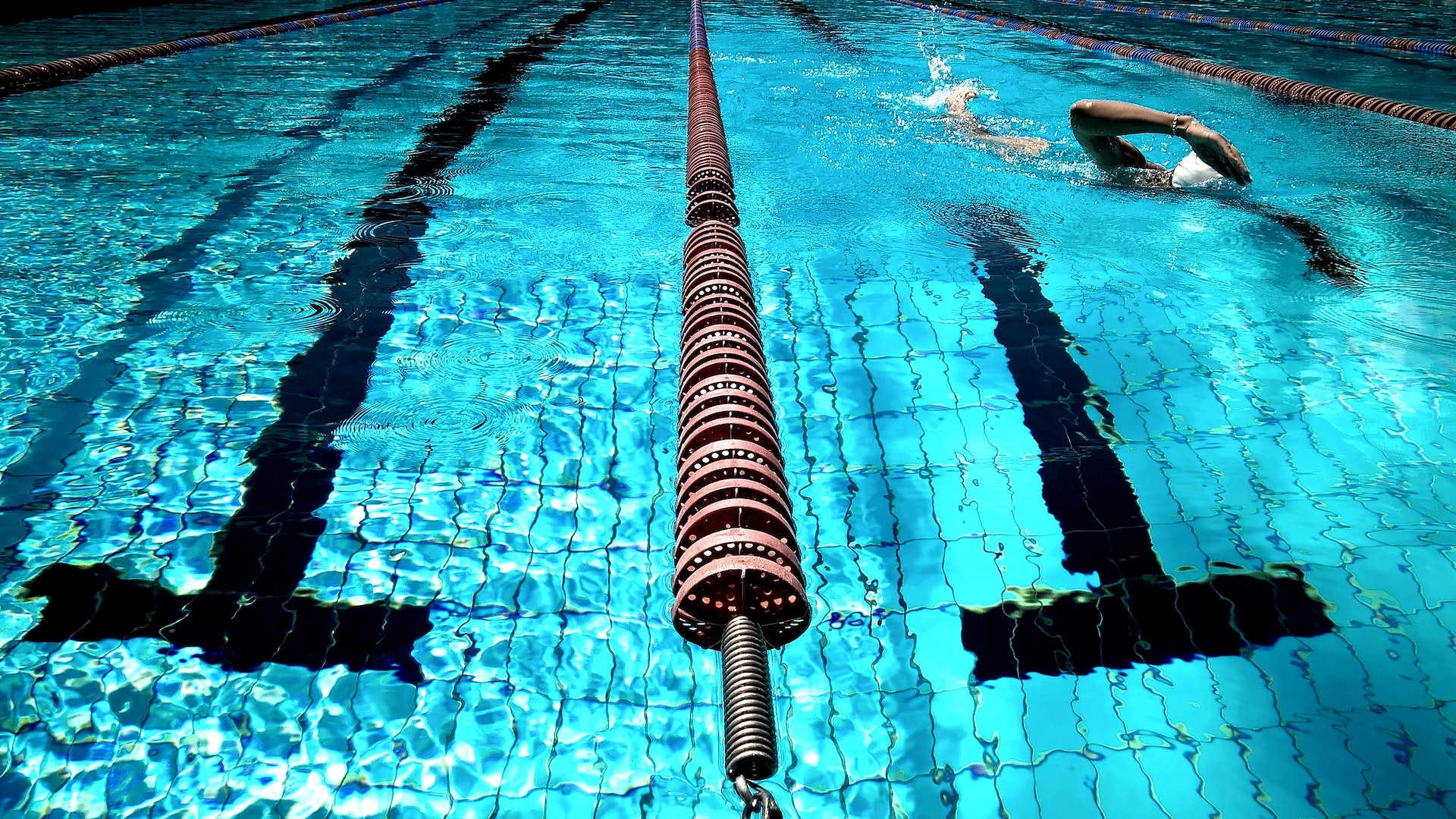No. 59: Invest in energy-efficient pool heaters
No. 59: Invest in energy-efficient pool heaters
Number 59
This article discusses the environmental and financial benefits of investing in energy-efficient pool heaters for schools. By using efficient pool heating systems, schools can save money on energy bills and reduce their carbon footprint.
Swimming pools are an essential feature of many schools, but they can also be significant consumers of energy. To address this issue, many schools are turning to energy-efficient pool heaters as a solution. By investing in these heaters, schools can reap both environmental and financial benefits.
One of the key advantages of energy-efficient pool heaters is their reduced energy consumption. Traditional pool heaters can be extremely inefficient, using a great deal of energy to heat the water. In contrast, energy-efficient pool heaters use advanced technology to heat the water more efficiently, resulting in significant energy savings.
In addition to being more environmentally friendly, energy-efficient pool heaters can also be a smart financial investment. By reducing energy consumption, schools can save money on their energy bills, and over time, the savings can be substantial. Moreover, some energy-efficient pool heaters may be eligible for tax credits or other financial incentives, which can further reduce the overall cost of installation.
When choosing an energy-efficient pool heater, schools should look for models that are designed for maximum efficiency. One popular option is the heat pump pool heater, which uses a small amount of electricity to capture heat from the air and transfer it to the water. According to the U.S. Department of Energy, heat pump pool heaters can be up to 70% more efficient than traditional pool heaters.
Another option for schools is solar pool heaters, which use energy from the sun to heat the water. While these systems can be more expensive to install, they are extremely efficient and can provide significant savings over time. Additionally, many solar pool heaters are eligible for tax credits and other incentives, which can help offset the initial cost of installation.
In addition to their energy-saving benefits, energy-efficient pool heaters can also have a positive impact on the environment. By reducing energy consumption, schools can lower their carbon footprint and contribute to efforts to combat climate change. Furthermore, many energy-efficient pool heaters are designed to be more durable and longer-lasting than traditional models, reducing the need for replacements and further reducing environmental impact.
In conclusion, investing in energy-efficient pool heaters can bring numerous benefits to schools. By reducing energy consumption and costs, schools can save money and contribute to a more sustainable future. At the same time, they can provide students with a comfortable and enjoyable swimming experience that supports health and wellness. As such, energy-efficient pool heaters represent an excellent opportunity for schools to invest in their future and that of the planet.
Citations:
-
U.S. Department of Energy. (n.d.). Swimming Pool Heating. Energy.gov. https://www.energy.gov/energysaver/swimming-pool-heating.
-
Hayward. (n.d.). How Heat Pumps Work. Hayward Pool Products. https://www.hayward-pool.com/shop/en/pools/how-heat-pumps-work.
-
Solar America Board for Codes and Standards. (2015). Solar Pool Heating. National Renewable Energy Laboratory. https://www.nrel.gov/docs/fy15osti/64395.pdf.

All 100 ideas in one, easy to share ebook. Download now and start helping your school be its best version of itself...
Downloaded over 17,000 times!

More ways to make a difference, now!
No. 74: Plant trees and create a tree canopy
Number 74 This article highlights the benefits of planting trees in school and creating a tree canopy. It cites various sources to show how trees can help the environment, improve air quality, reduce energy costs, and enhance student well-being. Planting trees and...
No. 99: Install carbon-negative flooring materials
Number 99 Carbon-negative flooring materials, such as bamboo and cork, can have environmental and financial benefits for schools. These materials have a low carbon footprint and can help reduce energy consumption and maintenance costs. Additionally, they are durable...
No. 100: Install energy-efficient laboratory equipment
Number 100 The installation of energy-efficient laboratory equipment can significantly reduce energy consumption and costs in schools. Such equipment has also been shown to improve performance and reduce carbon emissions, benefiting both the environment and the...





